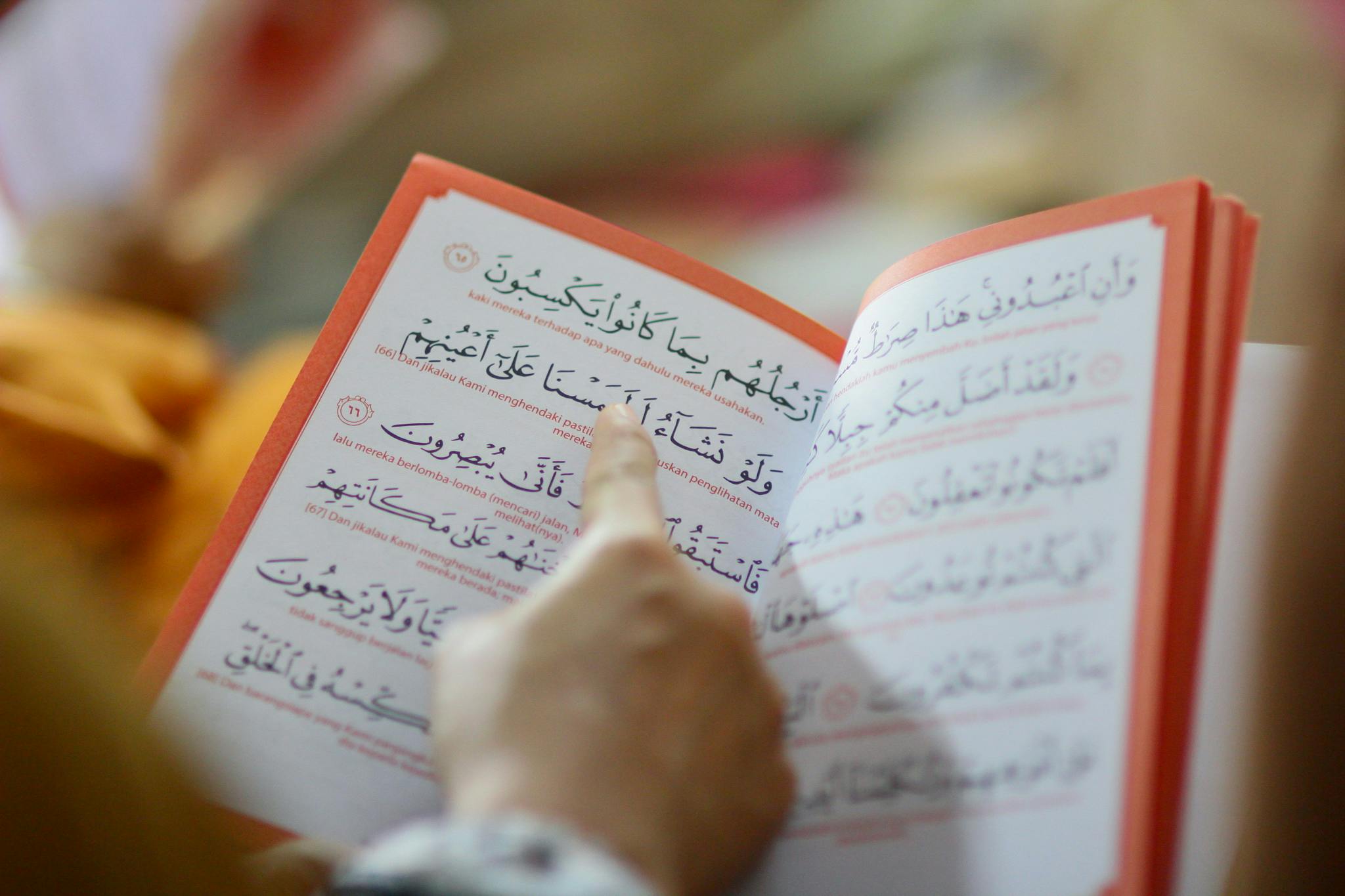Late at night, a recording studio remains brightly lit. A voice actor, wearing headphones, faces the microphone. Instead of a full script, only scattered lines of dialogue lie before him. The director beside him urges: today, we must finish recording all the remaining parts.
An 80-episode short drama needs to be completed in a single day. He thinks to himself, looking up at the clock on the wall: it's already past 10 PM, but quitting time feels distant. He mentions that it's now the norm to finish dubbing for an entire short drama in one day, sometimes even more. Riding the wave of the short drama boom, dubbing is no longer a meticulously crafted art form but has been reduced to an assembly-line product.
What follows is a day in the life of a voice actor from Sam's(pseudonym) perspective.
At 8 AM, Sam enters the recording studio and starts his work. The morning is spent dubbing a historical drama, the afternoon a modern romance, and the evening shifts to a suspense thriller. Within a single day, Sam must switch vocal styles and emotions three times. His work schedule is so packed.
Sam reveals: despite the fully booked schedule, the salary is not commensurate. Originally, short drama voice actors were paid based on time or per episode. While a short drama has many episodes, the rate per episode is low, forcing voice actors to rely on volume to make a living. Sometimes they even voluntarily work overtime, striving to dub a few more episodes to boost their daily earnings. In such a challenging work environment, voice actors face a dilemma: grappling with immense workloads while simultaneously hoping to record more episodes each day.
Fundamentally, short drama voice actors confront four major challenges.
First, extremely tight deadlines. As mentioned, dubbing for multiple short dramas must be completed in a single day. In the past, however, a single 40-minute episode required half a day to dub. Voice actors had plenty of time to refine the script, analyze the character, build emotions, and modulate their voices. Under today's drastically compressed schedules, actors can only rely on technique and formulaic approaches. Prolonged recording sessions lead to mental fatigue and, more seriously, can cause vocal cord issues, posing health risks.
Second, the disconnection from the role leads to "blind dubbing." What is "blind dubbing"? Voice actors don't receive the full script, only fragmented lines of dialogue or Excel spreadsheets. Blind dubbing results in a lack of artistic creation. Without the context of the story, voice actors cannot grasp the character's motivations or emotional arcs, causing them to mere line readers and stripping the performance of its soul. Due to the incomplete script, mismatches often occur—where the emotion conveyed by the voice actor doesn't align with the character's actual feelings, or the lip-syncing is off.
Third, low pay creates a disparity between effort and reward. The industry ecology is harsh. The flood of short dramas has driven down dubbing rates, and voice directors, seeking to cut costs further, suppress these rates even more. As just one of many workers striving to survive, voice actors have little bargaining power.
Fourth, the challenge posed by algorithms. In recent years, AI voice technology has matured, offering extremely low costs and high efficiency, and has already begun encroaching on the lower-end dubbing market. Practitioners in the voice acting industry inevitably feel anxious, worrying whether AI will replace humans and which types of roles might be taken over by AI.
This harsh employment environment impacts not only the income and health of voice actors but also the quality of short dramas and the viewer experience.
The pursuit of speed and formulaic approaches means the voices in many short dramas sound monotonous and lack personality, leading to audience fatigue. Producers operating on tight budgets or prioritizing efficiency might opt for mechanical, rushed AI dubbing, which fails to convey genuine character emotion, weakens the story's impact, and makes the work feel superficial. Long-term, low-quality output damages the reputation of both the dubbing industry and the short drama industry as a whole, cementing the stereotype that "short dramas equal shoddy production."
Some viewers have commented that the dubbing is simply terrible, the lip-syncing is off, and the overall experience is very poor, vowing to avoid short dramas from that platform in the future.
Despite these challenges, some still uphold the pursuit of artistic quality.
A certain short drama received widespread user acclaim upon release. Investigating the reason behind its success, the drama's producer insisted on high standards, investing significant time and budget into subtitle translation and dubbing, leading to highly successful localization.
Furthermore, some leading short drama producers and dubbing studios are attempting to establish healthier industry standards and guidelines.
Beyond producers committed to quality, many voice actors also persevere in their roles. Despite limited conditions, they still strive to delve deeply into their characters. They even proactively communicate with voice directors to fight for a better work environment.
Voice acting is the final step in breathing soul into a character and should not be sacrificed to the tide of efficiency-first production. Short drama producers and voice directors should place greater value on the importance of sound, allocating sufficient budget and time for this crucial final stage.
For voice actors, these four major challenges represent both an opportunity and a risk. Under the pressure from AI, only by returning to the artistic essence of performance and dedicating themselves to character study can they find the capital that makes them irreplaceable by AI.











